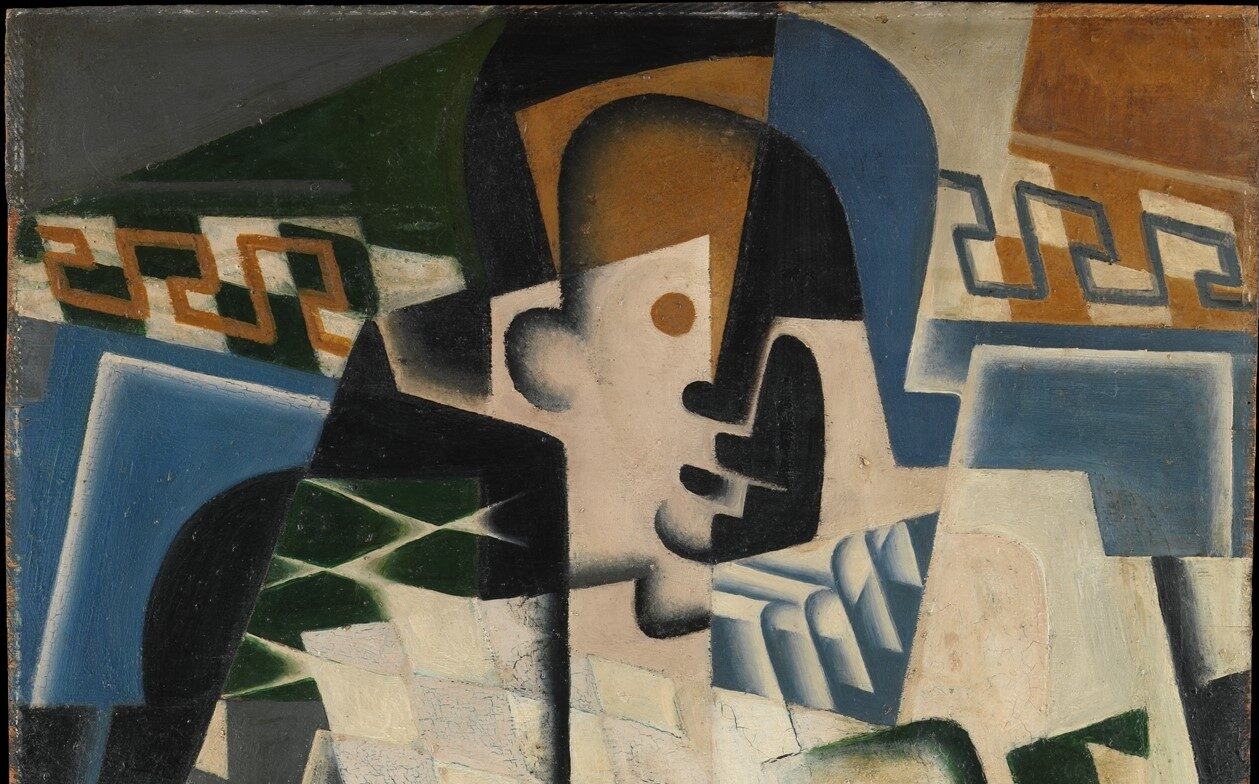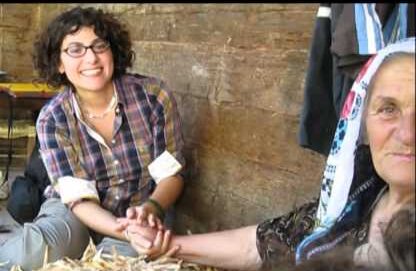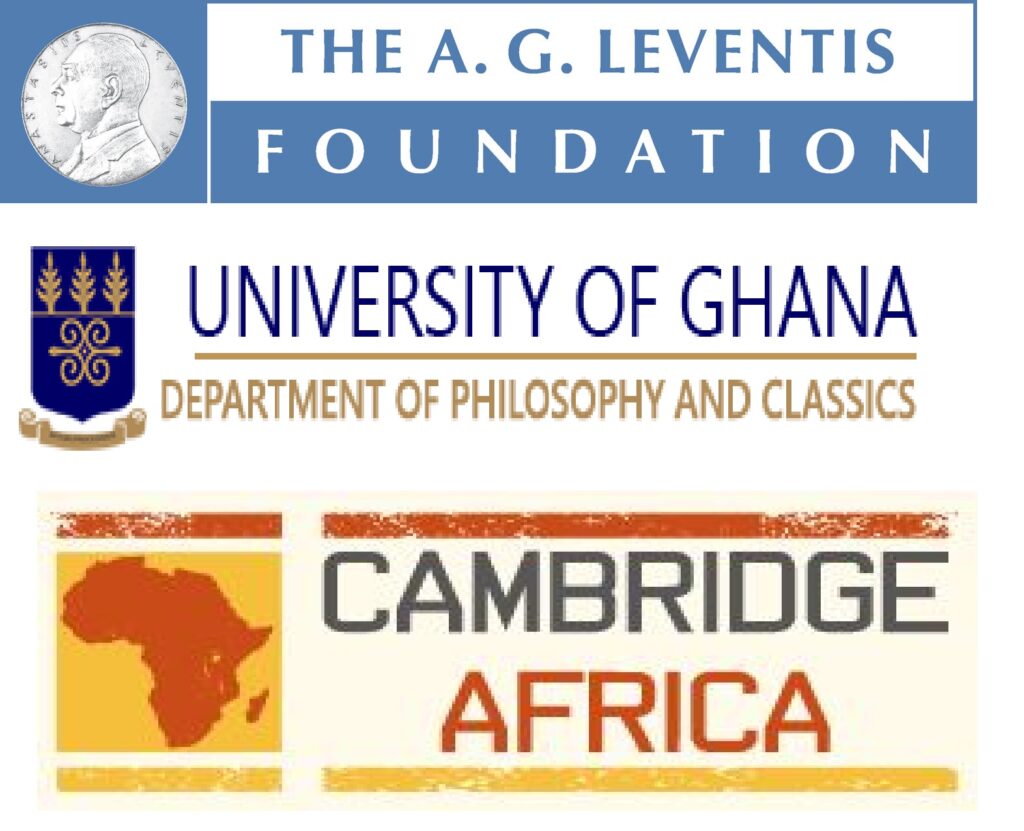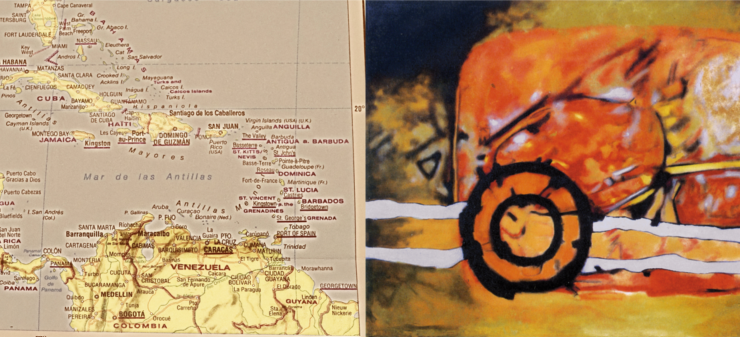



 Our work embraces a range of projects, from documenting the endangered Neo-Aramaic and Iranian languages of Western Asia and the endangered Greek variety, Romeyka, spoken in enclaves in Trabzon, in northeast Turkey to supporting the development of Indian primary school children’s reading comprehension skills, focussing on preschoolers’ acquisition of Singapore English and working to provide the UK government with research-based evidence to promote multilingualism and language learning.
Our work embraces a range of projects, from documenting the endangered Neo-Aramaic and Iranian languages of Western Asia and the endangered Greek variety, Romeyka, spoken in enclaves in Trabzon, in northeast Turkey to supporting the development of Indian primary school children’s reading comprehension skills, focussing on preschoolers’ acquisition of Singapore English and working to provide the UK government with research-based evidence to promote multilingualism and language learning.

We are proud to announce that the Faculty of Classics has established a collaborative link with the University of Ghana, generously supported by the Cambridge-Africa ALBORADA Research fund.
Developing new connections with Ghana promises to open up new possibilities for research and teaching, which will be beneficial for both parties. We are looking forward to their input and perspective to support our efforts to invest in intercultural dialogue and diversify the discipline and we hope this will encourage applications from Ghana in coordination with existing initiatives, look into mechanisms for widening access for African students, and develop greater awareness of the challenges African students face in applying and being admitted to Cambridge.
The Focus of the Collaboration: Political Community
The research will be focused on the idea of political community – the polis – in Plato, building on the common research interests of three Classicists in Ghana and scholars working in Greco-Roman Philosophy in Cambridge. The project will investigate Plato’s discussions of the nature and value of political community and consider whether and in what ways these discussions might offer useful reference points for modern community building both in Ghana and in the UK.

The University of Cambridge has recently published a report on the Legacies of Enslavement, which includes consideration of how the Fitzwilliam Museum was founded in 1816 with collections and finances that can be directly linked to the slave plantation economy of the late 17th and 18th century and the imperialist systems that followed. The Museum of Archaeology & Anthropology, the University Library and the Faculty of English also hold imported collections from the Caribbean, some acquired during the era of colonialism.
Between 2023 and 2026, the Fitzwilliam Museum is hosting a series of three major exhibitions on the theme of Black Atlantic, exploring the role of the visual and cultural in anti-Black racism, enslavement and exploitation, and the ways the University of Cambridge and its museums were entangled in, and still benefit from, this history and its enduring legacies. The exhibitions will also explore resistance and the imperative for a more just and equitable future, and ask questions about the future role of museums within society. All three exhibitions will feature both historic and contemporary works. The first of these exhibitions, Black Atlantic: Power, People, Resistance, takes place between 8th September 2023 and 7th January 2024.
Such exhibitions and other programmes are intended as catalysts for broader, systemic and permanent changes to how we display, interpret and use our collections, the types of objects we collect, how we make them accessible, engaging and relevant to the broadest possible audiences, and the ways in which we work. The University is also actively considering how changes to teaching curricula can bring in the perspectives, literature and ideas needed for the future